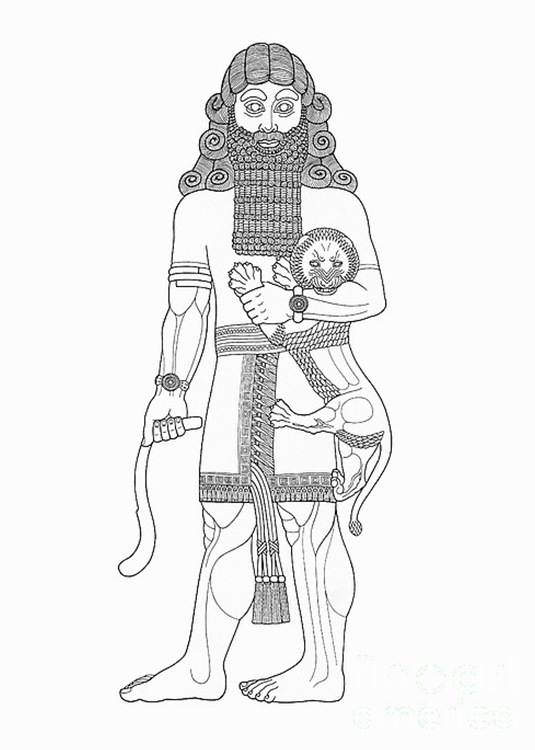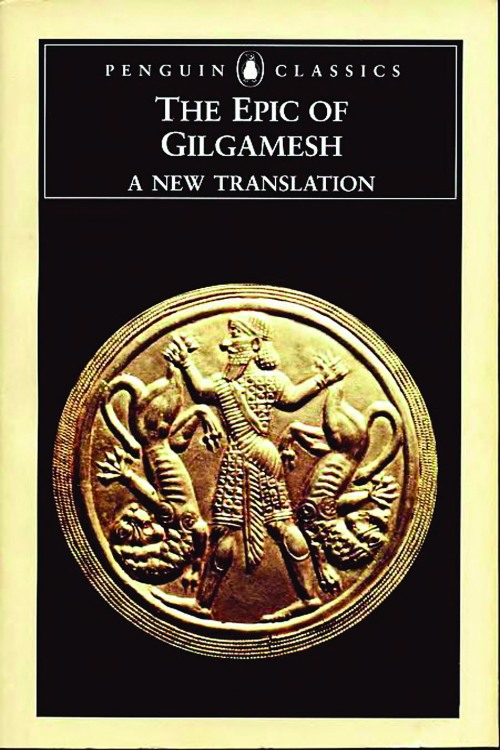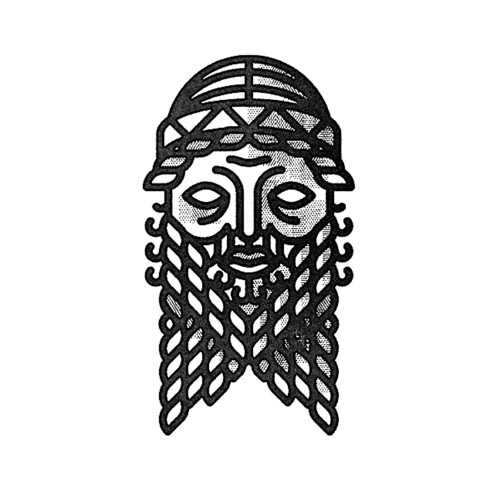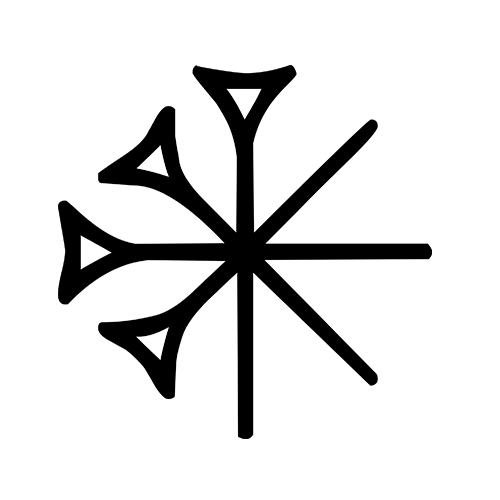About
Gilgamesh by Andrew R. George is a popular work among students and scholars of Mesopotamia and Gilgamesh. It features the myth named the Epic of Gilgamesh, which may be one of the oldest stories in the world. George provided a translation into English from Akkadian and Sumerian sources.
Source: OMNIKA
Miraculously preserved on clay tablets dating back as much as four thousand years, the poem of Gilgamesh, king of Uruk, is the world's oldest epic, predating Homer by many centuries. The story tells of Gilgamesh's adventures with the wild man Enkidu, and of his arduous journey to the ends of the earth in quest of the Babylonian Noah and the secret of immortality. Alongside its themes of family, friendship and the duties of kings, the Epic of Gilgamesh is, above all, about mankind's eternal struggle with the fear of death.
The Babylonian version has been known for over a century, but linguists are still deciphering new fragments in Akkadian and Sumerian.
Source: Author or Publisher
expand_more Read more Read less
Access
External sources
Primary
Myth
Gilgamesh is the king of Uruk and has a track record of terrorizing his own people. The people cry out to the supreme deity Anu, who creates a twin of Gilgamesh named Enkidu. Enkidu sets out for Gilgamesh, finds him, and they become friends after a brawl. The two journey together, whereby Enkidu dies. Gilgamesh tries to become an immortal with the help of a plant, but fails. The story ends with Gilgamesh realizing that his destiny is to be a good king to his people.
Belief system

The Babylonian religion was practiced throughout modern-day Iraq and the general near east (Mesopotamia) during antiquity. Its chief deity was Marduk.
Deity

Gilgameš (Sumerian: 𒄑𒉈𒂵𒈩) was the mythical king of a city named Uruk and was well-known for his epic journey to find immortality.
Translation

"Standard Babylonian Gilgamesh Epic" is a composite English translation of the Standard Babylonian Version (SBV) of the Epic of Gilgamesh myth. It was published by Andrew R. George in 2000. It runs one hundred print pages and contains almost three thousand lines. While there are twelve cuneiform tablets related to this translation, George chose not to include the twelfth tablet (XII) as it is related to a different myth, among other reasons.
Myths cited
It looks like only the main myth was referenced in this work.
Belief systems cited
Contributor
Cite this work
ChicagoGeorge, Andrew R. The Epic of Gilgamesh: The Babylonian Epic Poem and Other Texts in Akkadian and Sumerian. London, England: Penguin Books, 2000.








